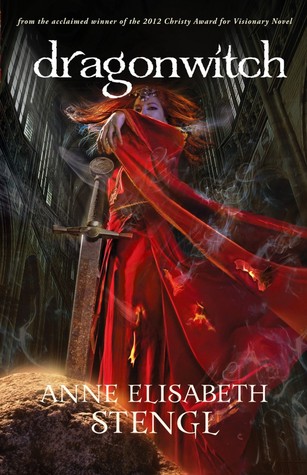Book Review: Likeable Social Media for Business by Greg Mason

Promoting your business, products, or services on social media may seem easy, but it’s not necessarily so. This is something I’ve learned very recently, when I decided to make my own blog and started trying different methods of promoting it and driving interested readers to it. I couldn’t believe that was more difficult and tiring than actually writing the content of my blog. Being active on Facebook, Twitter, Pinterest, Google+, and Instagram can be very time-consuming, and if the time and effort you put in don’t offer the results you expect, then you might get disappointed with the whole thing really soon, and feel like you’re hitting a dead end. This is why I immediately wanted to read “Likeable Social Media for Business” when I came across it. I knew I had to learn at least some basic things if I wanted to make it right on social media.
What I liked most about this book was that Greg Mason dedicated a chapter to each social media platform instead of talking about them in general. Since I mostly use Facebook, Twitter, Google+ and Pinterest, I went straight to those chapters in hopes I would figure out what I was doing wrong and how I could improve. The author explains everything in great detail, and he provides a step-by-step guide for each platform, teaching the readers how to create an account, then offering tips on how to find people to follow, how to learn about what they need and want, and how to interact with them properly. Reading this book, I learned that the first mistake I had made was that I started by only promoting my blog. Especially on Facebook and Twitter, the secret is to build relationships, help people, and make them know you not only as an expert in your field, but also as a likeable person with whom they can exchange ideas and opinions.
And, since I’ve mentioned the part about building relationships, I must say that I absolutely loved the first two chapters of this book, which are dedicated to branding and creating a personality for your business. Potential customers like to interact with people, and they hate it when they feel someone is trying to sell them something. So, by simply promoting and selling your products or services, what you eventually manage to do is drive everyone away. I loved how the author said that if you want to be successful, you have to think as a leader, not as a salesperson.
People online can easily connect with a familiar person with a certain type of style and personality, and this is why your brand needs to fit your personality completely. I loved that Greg Mason stressed the fact that everything about your branding has to be based on being yourself, being optimistic, open-minded, and having the mindset of a winner. If you think of it, these rules are not hard to follow, since you end up doing exactly what you like and how you like it. I think one of the best pieces of advice I got from this book is that everything has to represent you, even the colors you use on logos and banners. Thus, potential customers will see that everything is natural and genuine, and they will want to interact with you, learn about your business, and even tell others about it.
“Likeable Social Media for Business” was a great read that I would recommend to anyone who wants to use social media for promotion and do it right the first time. The advice and tips the author gives are clear, concise, and very easy to follow. Moreover, at the end of the book you’ll find a bonus: over two hours’ worth of video and audio tutorials that will walk you through every step you need to take towards success.






 3
3


 2
2







 1
1

















